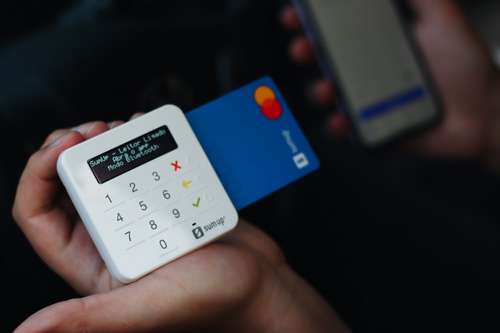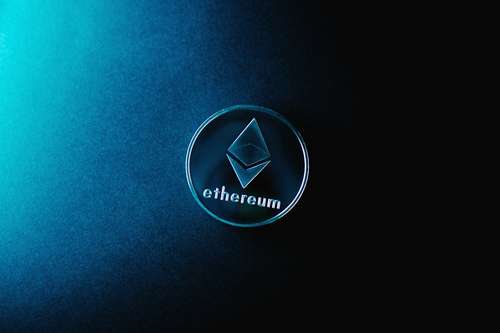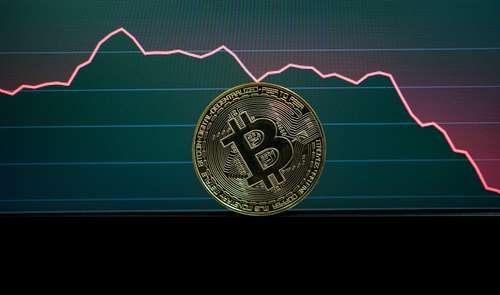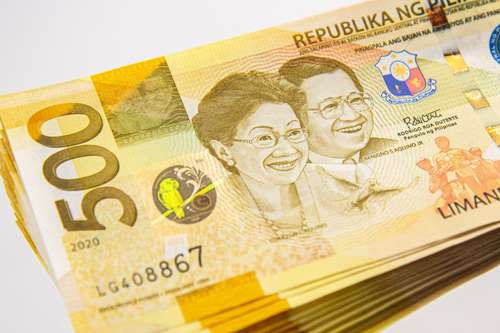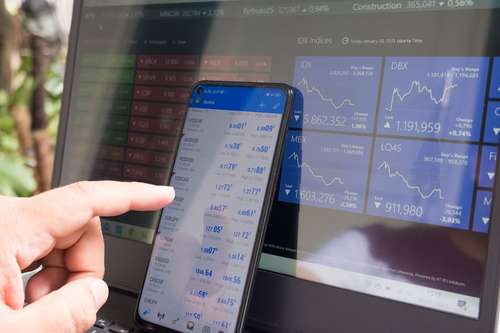Ripple is taking an exciting step forward by partnering with Mastercard to trial the use of RLUSD, a regulated U.S. bank stablecoin, in card settlement flows. It’s a move that could revolutionize the way we think about how credit card transactions settle, blending the worlds of traditional finance and cutting-edge blockchain technology. This endeavor is aimed at speeding up the settlement process and cutting down on the complexity of typical card transactions.
This new initiative is especially noteworthy given how rapidly digital finance is evolving. It feels like the perfect crossroads of fintech innovation and real-world application. With Mastercard, a name synonymous with secure and efficient payment processing, backing this trial, it’s hard not to be intrigued by what this means for the future of digital payments. Have you ever wondered how much simpler cross-border payments could be with blockchain? Well, Ripple and Mastercard are taking a meaningful step in that direction.
Ripple's Pioneering Collaboration with Mastercard
The partnership between Ripple and Mastercard is a testament to the growing acceptance of digital currency and blockchain technology in mainstream financial systems. This pilot program involves using RLUSD, a stablecoin issued by a U.S. bank, making it one of the first explorations of its kind in card settlement contexts.
The trial isn't just about innovation for innovation’s sake—it's about making payment processing faster and more efficient. Ripple Labs, known for its Ripple network, is all about speeding up transaction settlement while reducing costs. The integration with Mastercard solidifies this vision, promoting a smoother currency exchange process within the global payments ecosystem.
There’s something reassuring about seeing established players like Mastercard embracing digital assets. It’s like watching old friends shake hands over a new idea that’s set to change the rules of the game. For those who have been following fintech trends, this trial is a natural evolution, merging the benefits of blockchain technology with established financial infrastructure.
Unpacking the RLUSD Trial in Card Settlement
In this section, we dive deeper into the specifics of the trial and what it means for card settlement flows. Ripple’s announcement coincides with the rollout of the Gemini Credit Card, issued by WebBank, where RLUSD will be used in credit card transaction settlements. This trial is significant because it could be one of the first times a regulated U.S. bank stablecoin is put through the paces in such a high-profile application.
The experiment is designed to test how RLUSD can improve transaction settlement speed, reduce fees, and minimize the delays often associated with the traditional banking system. Instead of the conventional multi-day waits, using a digital currency like RLUSD could potentially settle a transaction in seconds. Imagine paying for your coffee and having your bank account reflect that purchase almost instantly—that’s the kind of efficiency Ripple and Mastercard are optimistic about achieving.
This collaboration isn't happening in a vacuum. There has been an increasing demand for faster cross-border payments, simplified transactions, and lower processing fees. Ripple, with its strong history in the cryptocurrency arena, is stepping up to offer a solution that bridges the gap between innovative digital finance and everyday banking needs.
Moreover, the trial will provide an excellent testing ground for exploring how blockchain can be integrated into existing financial frameworks. Given Mastercard's global reach and Ripple’s expertise in blockchain, this initiative represents a robust tech collaboration that many in the fintech community are watching with keen interest.
Implications for the World of Digital Finance
This section takes a closer look at the broader impact of this trial on digital finance and the evolving payments landscape. When traditional institutions collaborate with blockchain innovators, it sends a strong message to the market: the future of payment processing is digital and seamless.
For those involved in fintech and digital payments, this trial epitomizes a significant shift in how card settlements might be handled going forward. With Ripple tapping into the potential of RLUSD for card settlement, there’s an underlying promise of reducing friction in international transaction settlement, embracing digital currency to bridge time zones and geographies effortlessly.
The trial could also pave the way for more such experiments in the future, challenging conventional practices in global payments. In essence, it’s a clear signal that digital currency and blockchain aren’t just buzzwords; they’re tools that can revolutionize payments, transaction settlements, and financial technology as a whole.
This is an especially compelling example of how a regulated digital currency can work in sync with legacy financial systems to deliver innovative payments solutions. By harnessing the benefits of blockchain, Ripple and Mastercard are jointly exploring how to reduce the delays and high costs associated with currency exchange and cross-border payments.
What This Means for the Future of Payment Processing
In this final section, let’s consider what the Ripple and Mastercard partnership could mean for the future of payment processing. The trial of RLUSD in card settlement flows is not just a one-off experiment—it’s a sign of where financial technology could be heading over the next few years.
You can think of it as a test drive for the future of card settlements. With traditional methods often being slow and burdensome, this trial brings the promise of real-time settlement and transparent processing that benefits both consumers and merchants. The idea is simple: reduce friction, save time, and open up new avenues for digital finance and payment processing.
This isn’t just good news for tech-savvy consumers or early fintech adopters; it’s a potential game-changer for global payment ecosystems. Imagine a world where every payment, whether made locally or across borders, moves as fast as sending a text message. That’s the promise being explored here, where Ripple’s blockchain expertise combines with Mastercard’s established global network to deliver faster, more secure transactions.
Ripple's proactive approach in integrating blockchain with mainstream financial infrastructure is reassuring to many in the fintech sector. It's a move that inspires confidence and suggests that the future of digital finance is bright, innovative, and ready to tackle the inefficiencies of traditional payment systems. The potential ripple effects on transaction settlement and international banking processes could be substantial.
While there’s still work to be done and many questions to be answered as the trial progresses, there’s no doubt that tapping into RLUSD for card settlement represents a bold step into the future of payment processing, one where digital assets and traditional finance converge for the benefit of all.
This trial embodies the spirit of innovation—using established systems as a launchpad for exploring new horizons in digital currency and blockchain. It’s an exciting time to be watching, and the collaboration between Ripple and Mastercard might just be the spark that lights the way towards a faster, more efficient digital finance ecosystem!
